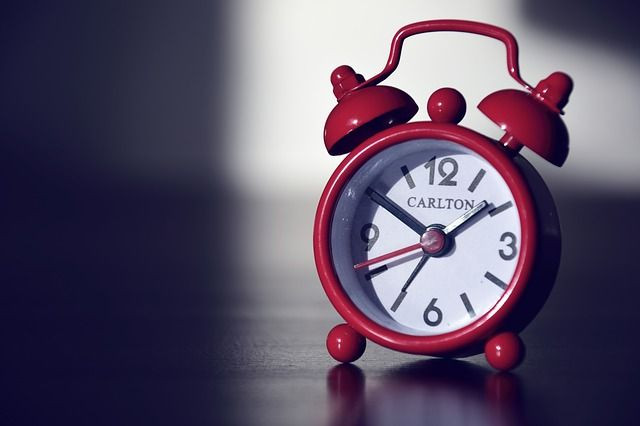Early Bird vs. Night Owl: 23andMe Finds 15 Genes In Human Genome Linked To Being A Morning Person

We’ve all heard, “the early bird gets the worm,” and that they’re healthier, wealthier, and wiser for it. But it’s not merely a preference whether we’re better suited for the morning or evening — it’s in our DNA, according to a recent study published in Nature Communications. Researchers found there are 15 genetic variants in the human genome linked to being a morning person, with seven of them associated with regulating circadian rhythm, or our body clock.
"In this study we set out to discover more about an individual's preference toward early rising, and were able to identify the genetic associations with ‘morningness’ as well as ties to lifestyle patterns and other traits," said Dr. Youna Hu, who led 23andMe's research on the paper, in a press release. Prior to this study, most work looking into the genetics of early birds had focused on fruit flies, which have a similar genetic system to humans.
Building on this research, which found some genetic links, principal researcher David Hinds and his colleagues at 23andMe looked at the genomes of 90,000 customers, who submitted their DNA in saliva samples. Then each customer answered two separate surveys that asked the same question: Are you a morning or an evening person?
Based on the surveys, the researchers found women were more likely to be morning larks than men, (48.4 percent vs. 39.7 percent). People over 60 years old also preferred mornings more than those under 30, (63.1 percent vs. 24.2 percent). Overall, these people were less likely to need over eight hours sleep, sweat while sleeping, or sleep walk.
Morning larks seemed to benefit when it came to health. Not only did they have lower body mass indexes (it’s unclear whether this was a causative effect), they were also less likely to have other diseases, like insomnia and and sleep apnea. They also suffered depression at higher rates, though the researchers couldn’t tell whether this was an effect of less sleep.
Comparing the survey results to the gene analysis turned up genetic patterns between morning and night people, specifically in 15 genetic variants. For every additional variant, a participant’s chances of being a morning person increased from 5 to 25 percent, the study found.
Of the 15 variants, seven were specifically involved in regulating the circadian rhythm. These included the gene HCRTR2, which has been linked to narcolepsy; FBXL3, which can extend the circadian period; and VIP, which prolongs REM sleep. Other variants played roles in processes like phototransduction, or how our eyes convert light into signals for the brain — like when to produce melatonin to help us sleep. These variants were about twice as likely to appear in morning people.
While the study was successful in finding genes that could relate to a preference for the morning, the researchers admitted there were limitations. Specifically, asking someone whether they’re a morning or night person begs for a subjective answer, since everyone has their own definition for what these terms mean. A person who works the graveyard shift, for example, may consider themselves a night person even if on a day off they like to wake up early.
If the results are true, however, they might one day help doctors administer treatments when patients are most active, whether it’s morning or night. Moreover, they would show that our preferences aren’t just preferences, but that they’re based in our biology.
So night owls, the next time you wake up in the wee hours of the morning and think about those early birds, take comfort that it’s probably in your DNA to sleep in, and rest some more.
Source: Hu Y, Shmygelska A, Tran D et al. GWAS of 89,283 individuals identifies genetic variants associated with self-reporting of being a morning person. Nature Communications . 2016.



























